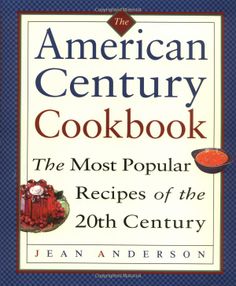There was a time when if something happened in, say, 1892 it would have been said to have happened in the late Nineteenth Century. Too often now it is described as having happened in the eighteen hundreds. There is a problem with this usage. Until not so long ago the eighteen hundreds (or 1800s) would have meant the period between 1800 and 1809, just as the 1830s would have meant the period between 1830 and 1839 (and so on). This meaning of the eighteen hundreds (and the same applies to other centuries, of course) dates to a time when people would have said 'eighteen hundred and seven' for 1807, whereas more recently people say 'eighteen oh seven'. The early 1800s would therefore have been the period between 1800 and 1804, and the late 1800s would have ben about 1805-1809, just as the early 1820s would have been some time between 1820 and 1824. Nearly all (UK) books published before about 2000 employ this usage.
Assuming the new (in my view misleading) usage originated in the US, I mentioned it to an American I know who turned out to deplore it as much as I do, and she agrees that while it seems to have started in the States she remembers a time when people described the Nineteenth Century as being, well, the Nineteenth Century, with none of this 1800s nonsense. She supposes that it has something to do with some people having difficulty working out that something that took place in, for example, 1685 happened in the seventeenth century because it starts with 16. The upshot of this is that there are many school children (and probably others) who do not even know that the Pilgrim Fathers arrived in America in the Seventeenth Century or that the American Revolution took place in the Eighteenth Century. Does it really hurt the brain to work out that being in a century is not the same as having completed a century, just as a person being in his or her 25th year is not the same as being 25?
In the interests of accuracy I intend to stick to centuries and urge others to do the same. The Second World War did not happen in the 1900s, it happened four decades later in the 1940s! It did, however, happen in the 20th Century.

 RSS Feed
RSS Feed